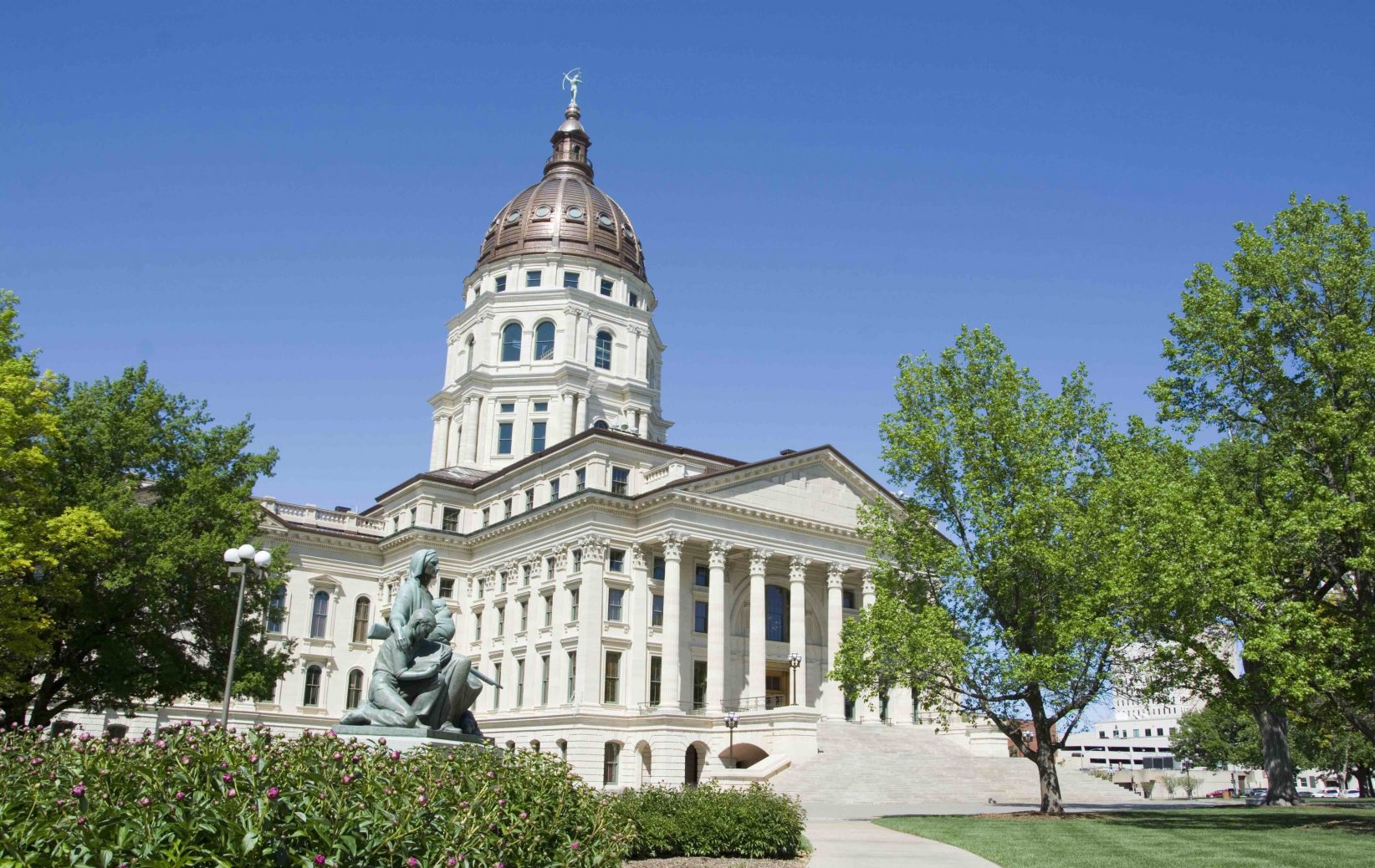A popular investor tax credit program in Kansas is likely to sunset after 2016 thanks in part to a budgetary crisis that’s forcing the Sunflower State to broadly tighten its financial belt.
Launched in 2005, Kansas Angel Investor Tax Credit Program offers a 50 percent income tax credit to qualified angel investors that invest up to $50,000 in a Kansas business. The $6,000,000 program has attracted hundreds of interested investors and ventures applying for the credits.
In its ten year life, the program has helped 298 companies raise more than $342.9 million in capital, which has allowed the firms to create 1,188 new jobs. Since 2012, the tax credits have helped create 549 jobs, according to the Kansas Department of Commerce.
The program’s future, however, is in limbo. Kansas faces a projected $600 million budgetary shortfall as a result of the legislature’s slashing of personal income taxes in 2012 and 2013. Legislators in the 2016 session now face an array of tough choices on what state programs and services must be slashed or preserved to accommodate the income tax cuts.
The tax credit program is now accepting applications from eligible companies. To apply, a business must have less than $5 million in revenue, be in operation for less than five years and have an innovative and proprietary technology or product. Application and registration fees cost $300.
Nick Franano, CEO of two companies that have benefited from Angel Investor Tax Credits, Metactive and Flow Forward Medical, testified at the Kansas State Capitol in favor of the program. In fact, he said the program should be emulated by others around the U.S.
“The Kansas Angel Investor Tax Credit program has been enormously successful in stimulating investment in startup businesses in Kansas and creating good paying jobs with benefits for Kansans,” Franano said. “It has been a model for the nation.”
Franano said that the program has been successful in attracting businesses to Kansas, but without it, Missouri may ensnare some of the departing companies. He added that as the Kansas Bioscience Authority winds down its state-funded operations, Kansas will soon lack any programs to entice startups to Kansas.
“In the Kansas City region, startup technology businesses have mostly clustered on the Kansas side because of this program,” Franano said. “I believe that if this program sunsets, the net effect will be a reduction in tax revenue for the State of Kansas, rather than a savings. … If that program is not renewed in 2016 then I think you will see startups move from Kansas to Missouri seeking support from the region’s remaining programs, such as the Missouri Technology Corporation’s IDEA Funds, Kansas City’s Launch KC and Digital Sandbox.”
Melissa Roberts, marketing director for the Enterprise Center in Johnson County, previously said her organization’s angel investment arm, Mid-America Angels, seeks out the credits with each deal. Roberts said that the tax credits not only entice investors, but also mitigate the risk of backing an early-stage firm.
“The existing tax credits make Kansas companies more attractive to investors — from Kansas or any other state,” she said. “It allows angel investors to leverage their real investment in a company, and in some cases, encourages investors to tolerate a bit more risk or make a larger investment than they normally would.”
Roberts said that more than 20 states have implemented programs to attract or retain investment capital by way of income tax credits. On average, 4.1 new jobs are created for each angel investment made, according to the Center for Venture Research.
The Kansas Legislature has until mid-April — the scheduled end of the 2016 legislative session — to extend the program. With an unlikely injection of funds in 2016, proponents of the measure have advocated legislature extend the program several years without a budget. Such a strategy would allow the program to endure without the necessity of passing another bill.






































